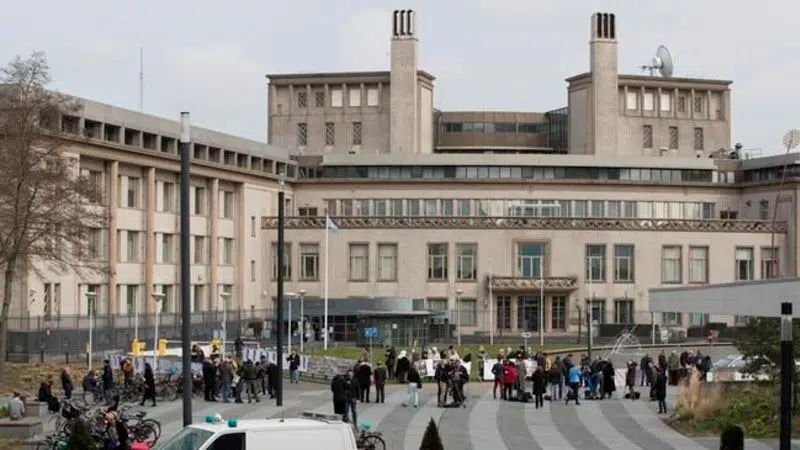
UN judges to deliver Radovan Karadzic appeals decisions
THE HAGUE, Netherlands — United Nations judges are set to hand down their decisions Wednesday in the appeal by former Bosnian Serb leader Radovan Karadzic against his convictions and 40-year sentence for masterminding atrocities in his country’s devastating 1992-95 war.
Karadzic appealed his 2016 convictions for genocide, crimes against humanity and war crimes, as well as his sentence. The judges are also set to rule on whether Karadzic should have been acquitted of a second count of genocide.
Relatives of victims of the war, Europe’s bloodiest conflict since World War II, gathered outside the courtroom ahead of the hearing that will announce the decisions.


